Allergia Tablets for Dogs: Safety and Important Considerations
Allergia tablets are specially formulated to help manage allergy symptoms in dogs. These chewable or easy-to-administer tablets aim to provide relief from environmental, food, or seasonal allergens that cause skin irritation, itching, and inflammation. Designed for dogs of all sizes and breeds, Allergia is commonly recommended by veterinarians as part of a long-term allergy management plan.
Understanding Allergia Tablets for Dogs: An Overview
Allergia tablets are antihistamine-based or contain natural anti-inflammatory compounds that help reduce the allergic response in dogs. The formulation may include ingredients such as cetirizine, quercetin, omega fatty acids, or other soothing agents to support skin health and immune regulation.
Key features:
- Fast relief from allergic symptoms
- Support for healthy skin and coat
- Safe for long-term or seasonal use (as directed)
- May be combined with other veterinary treatments
Proper Administration and Dosage Guidelines for Allergia Tablets for Dogs
Ensuring accurate dosing and administration is essential for the safety and effectiveness of Allergia Tablets in managing your dog’s allergic symptoms.
Dosage Guidelines by Weight
| Dog’s Weight | Recommended Dosage |
| Under 10 kg (22 lbs) | ½ tablet once or twice daily |
| Dosage for 10–25 kg (22–55 lbs) | 1 tablet once or two times a day. |
| 25–40 kg (55–88 lbs) | 1½ tablets once or twice daily |
| Over 40 kg (88 lbs) | 2 tablets one to two times per day |
Note: Dosage may vary depending on the severity of symptoms and your veterinarian’s recommendation.
Frequency and Duration
- Routine use: Typically given once or twice daily.
- Acute allergy episodes: May require more frequent dosing under veterinary supervision.
- Long-term use: Often prescribed during allergy seasons or ongoing allergic conditions.
How to Administer
- Orally: Tablets can be given directly into the mouth.
- With food: Can be crushed and mixed into food for easier consumption.
- Disguised: Hide in a treat or pill pocket if your dog resists tablets.
Missed Dose Instructions
- When you remember a missed dose, give it without delay.
Important Considerations
- Always follow your veterinarian’s instructions.
- Keep an eye out for side effects such as nausea, loose stools, or fatigue.
- Do not surpass the recommended dose without veterinary guidance.
Example Scenario
A 20 kg (44 lbs) dog with seasonal allergies may be prescribed 1 tablet twice daily during high pollen seasons. After symptoms subside, the vet may reduce it to 1 tablet once daily for maintenance.
When to Contact Your Vet
- If symptoms persist or worsen
- If your dog shows signs of side effects
- If you’re unsure about adjusting the dosage
Medical Uses and Applications
Allergia Tablets are specifically formulated to help manage and alleviate allergic reactions and related symptoms in dogs. Their medical uses span a variety of allergy-related conditions, improving the comfort and quality of life for affected pets.
Primary Medical Uses
- Treatment of Allergic Dermatitis
Allergic dermatitis is a common skin condition in dogs characterized by itching, redness, and inflammation caused by allergens such as pollen, dust mites, flea bites, or food ingredients. Allergia Tablets help reduce the immune response that triggers these symptoms. - Management of Atopic Dermatitis
Atopic dermatitis is a chronic inflammatory skin disease with an allergic basis. Allergia Tablets assist in controlling itching and skin irritation, decreasing flare-ups and enhancing skin health over time. - Relief from Food Allergies
Dogs with sensitivities to specific food components can benefit from Allergia Tablets, which help mitigate allergic reactions and gastrointestinal discomfort related to food allergies. - Support for Seasonal Allergies
Dogs, much like people, may develop seasonal allergies in response to airborne irritants like mold or pollen. Allergia Tablets ease symptoms such as sneezing, itching, and watery eyes during high-allergen seasons. - Reduction of Histamine-Related Symptoms
Allergia Tablets typically contain antihistamine agents that block histamine receptors, preventing or reducing typical allergy symptoms such as swelling, itching, and redness.
Additional Applications
- Adjunct Therapy in Multi-Modal Allergy Management
Allergia Tablets can be part of a broader treatment plan, including medicated shampoos, dietary changes, and environmental control to provide comprehensive allergy relief. - Prevention of Secondary Skin Infections
By controlling itching and inflammation, Allergia Tablets help reduce the risk of skin trauma and subsequent bacterial or yeast infections. - Improvement of Quality of Life
Managing allergic symptoms helps reduce discomfort and stress in dogs, promoting better sleep, behavior, and overall well-being.
Why Use Allergia Tablets?
- Convenient Oral Administration: Tablets are easy to administer and allow precise dosing based on dog size and severity of symptoms.
- Fast-Acting Relief: Many formulations start reducing symptoms within hours to days.
- Safe for Long-Term Use: When used under veterinary guidance, Allergia Tablets are suitable for ongoing allergy management.
Important Considerations
- Use Allergia Tablets only under veterinary supervision.
- Results may vary according to the specific allergen and the individual dog’s response.
- Some dogs may require combination therapies for best results.
Safety and Tolerance Information
Understanding the safety profile of Allergia Tablets is essential to ensure effective allergy relief for your dog while minimizing any potential risks or adverse effects.
General Safety Overview
Allergia Tablets are formulated to be safe for most dogs when used according to veterinary directions. They contain antihistamines and/or natural anti-allergic compounds designed to relieve symptoms such as itching, redness, and inflammation caused by allergies.
Precautions Before Use
- Veterinary assessment is essential: Always consult your veterinarian before starting treatment, especially if your dog has existing health conditions.
- Not for use in certain dogs:
- Puppies under 12 weeks unless prescribed
- Pregnant or lactating dogs (unless approved by a vet)
- Dogs with hepatic, renal, or cardiac disorders should be carefully monitored.
- Allergy history: Inform your vet if your dog has a history of hypersensitivity to any medications or similar compounds.
Possible Side Effects
Although uncommon, some dogs may exhibit mild to moderate side effects such as:
| Common Side Effects | Less Common (Monitor Closely) |
| Drowsiness or sedation | Vomiting or nausea |
| Dry mouth | Diarrhea or soft stools |
| Increased thirst or urination | Skin rash or itching |
| Mild lethargy | Restlessness or hyperactivity |
Note: These side effects are usually temporary. If side effects persist or intensify, consult your vet and halt further use.
Drug Interactions
Other medications that may interact with Allergia Tablets are:
- Steroids
- NSAIDs (non-steroidal anti-inflammatory drugs)
- Anticonvulsants
- Sedatives or tranquilizers
Inform your vet of all medications and supplements your dog is currently taking to avoid adverse interactions.
Overdose Risk
- Signs of overdose:
- Excessive sedation
- Tremors or seizures
- Abnormal heartbeat
- Vomiting
- Immediate action: Get in touch with your veterinarian or an emergency pet clinic right away.
Storage and Handling
- Maintain storage in a dry, cool place away from heat and moisture (under 25°C / 77°F)
- Keep out of reach of pets and children
- Do not use expired tablets
- Close the container tightly after each use
When to Seek Veterinary Attention
- Persistent or worsening allergy symptoms
- Appearance of new symptoms during treatment
- Any sign of allergic reaction (swelling, difficulty breathing)
- Suspected overdose or ingestion of extra tablets
Monitoring Tips for Dog Owners
- Track symptoms using a simple journal
- Observe and record any alterations in behavior, eating habits, or stool patterns.
- Report unusual symptoms to your vet promptly
Patient Information and Support
- Tablets are palatable and easy to administer.
- For dogs that resist tablets, try hiding the dose in a treat or using a pill pocket.
- If a dose is missed, give it as soon as you remember unless the next dose is near—never double up.
- Place in a temperature-controlled, dry environment, away from pets.
- If an overdose or side effect occurs, seek veterinary advice right away.
Research and Future Directions
Ongoing research into canine allergy treatment focuses on:
- Safer, natural alternatives to long-term steroid use
- Targeted immunotherapy for personalized treatment
- Improved antihistamines with fewer side effects
- Gut-skin axis studies to link nutrition and allergy control
As understanding of canine allergies grows, products like Allergia tablets may evolve to offer even more precise and effective relief.
Conclusion:
Allergia Tablets represent a valuable and effective solution for managing allergic conditions in dogs, addressing one of the most common and distressing health issues faced by our canine companions. Allergies can significantly impact a dog’s quality of life, causing persistent itching, discomfort, inflammation, and secondary skin infections. By easing specific allergy symptoms, Allergia Tablets support improved health and contribute to a happier, more comfortable life. his may include environmental modifications, dietary adjustments, medicated shampoos, and other veterinary-recommended therapies. Each dog’s allergy profile is unique, and effective treatment requires careful diagnosis and ongoing veterinary supervision. Owners should remain vigilant for changes in symptoms or new health concerns and communicate promptly with their veterinarian.







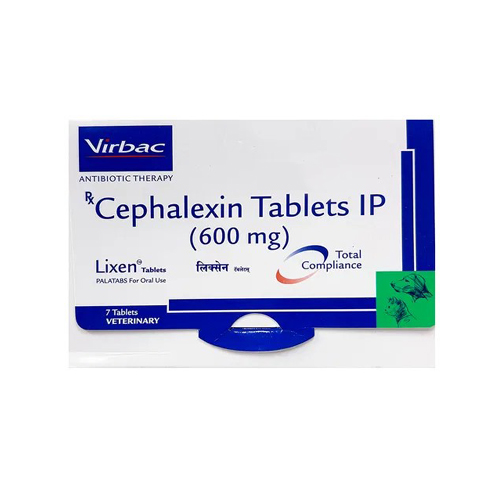
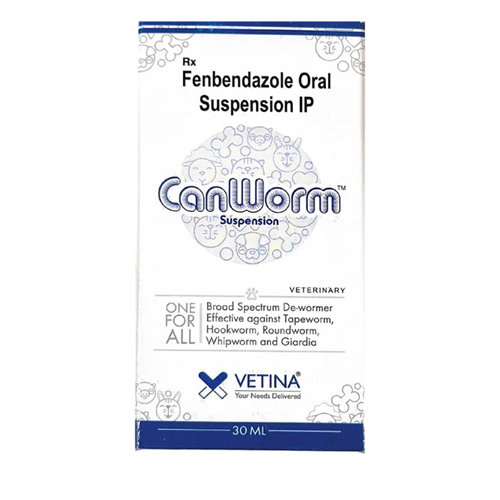




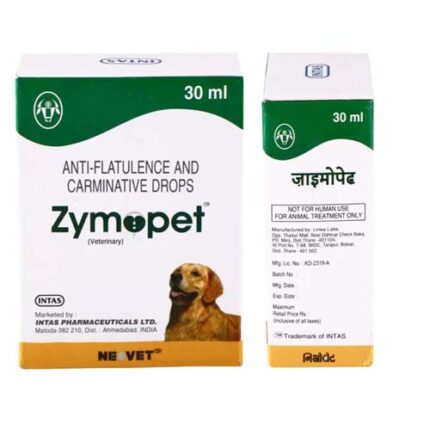
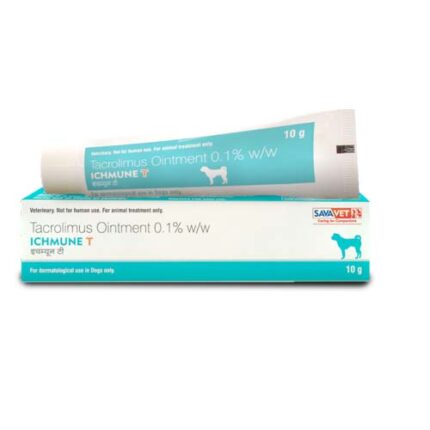
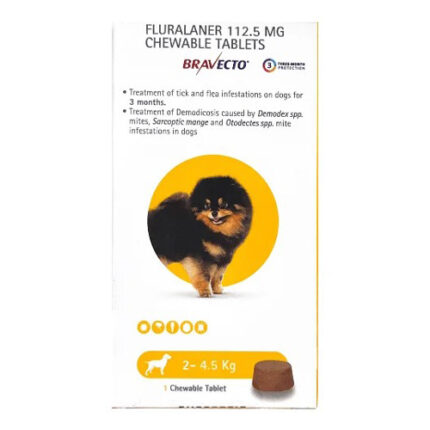


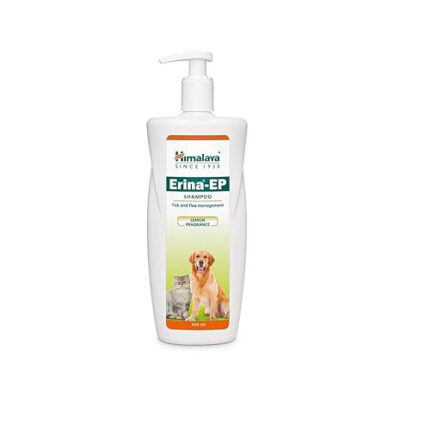
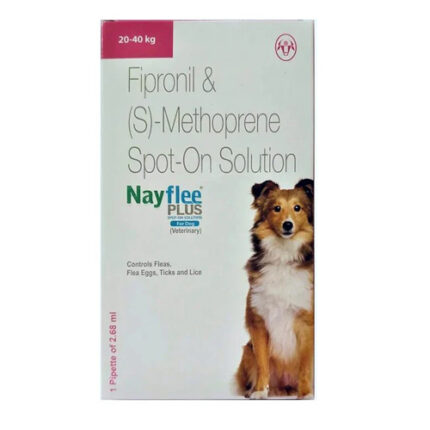
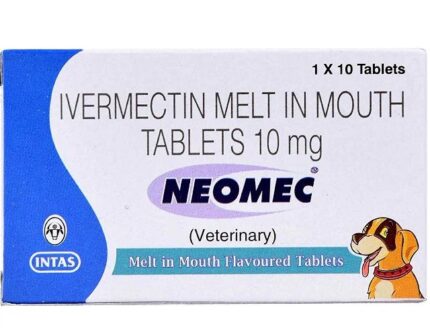
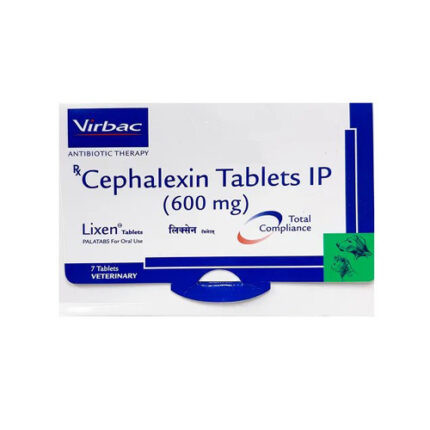
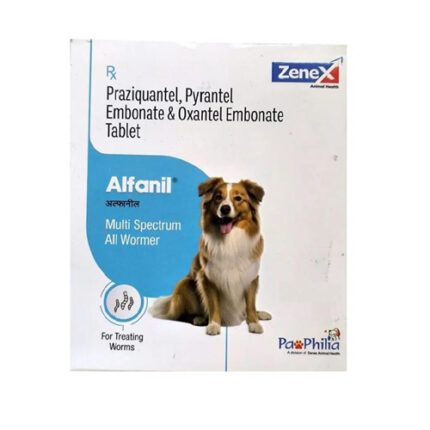
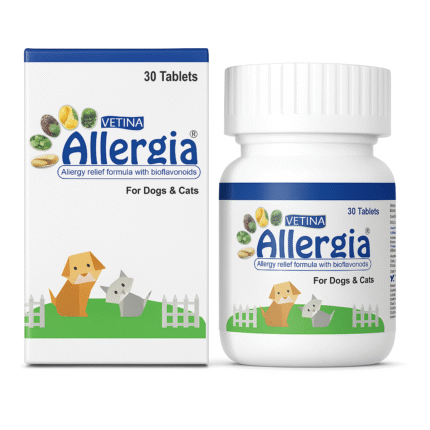
Reviews
There are no reviews yet.